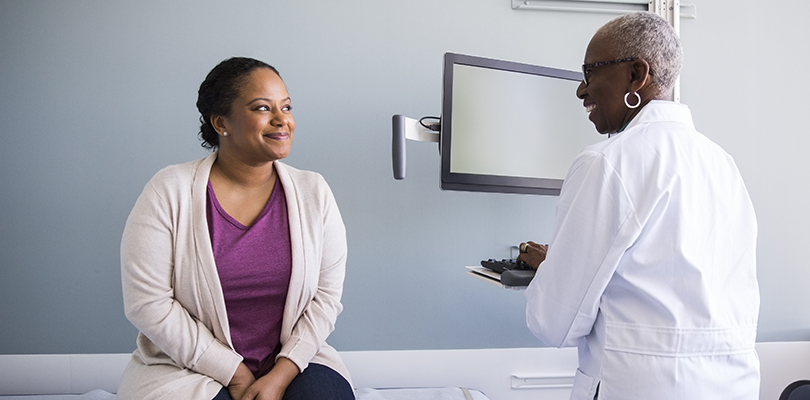Did you know colorectal (colon) cancer is the second-leading cause of cancer death in the United States? Or that more younger adults are being diagnosed with it than ever before, resulting in colon cancer screening now being recommended to start in your mid-40s?
In 2021, the U.S. Preventive Services Task Force issued a new recommendation that colon cancer screening for people at average risk should start at age 45, instead of the previous guidance of age 50. Though most frequently diagnosed among persons over the age of 65 years, it’s estimated that 12% to 13% of new colorectal cancer cases occur in persons younger than 50.
As the largest purchaser of public employee health benefits in California, CalPERS provides health benefits to nearly 1.5 million active and retired members and their families. Preventive care services, such as colon cancer screening, are covered at 100% for Basic (non-Medicare) plan members when you use doctors in your plan’s network. Benefit coverage varies for Medicare members.
“When it comes to age-related preventive care, we can’t stress enough the importance of regular cancer screenings, such as colon cancer screening. Colon cancer screening can include colonoscopy but also other alternatives to colonoscopy like various stool-based tests that are less invasive,” said Lisa Albers, MD, a medical consultant in CalPERS’ Clinical Policy and Programs Division. “Check with your health care provider and be aware that if you have a family history or other risk factors, your testing options may be more limited.”
A colonoscopy is an outpatient procedure in which a doctor uses a colonoscope to look inside your rectum and colon. The procedure can detect irritated and swollen tissue, ulcers, polyps, and cancer. The test is recommended every 10 years for people who do not have an increased risk of colorectal cancer, according to the Centers for Disease Control and Prevention.
There are other options for colon cancer screening, as well, including the stool tests noted above. You can talk with your primary care physician about the option that is best for you based on your medical history and preferences.
If you are at higher risk of developing colorectal cancer, your doctor may recommend screening at a younger age.
Risk factors for colorectal cancer include:
• Increasing age.
• Being Black, American Indian, or Alaskan Native.
• A personal or family history of colorectal cancer or colorectal polyps.
• A personal history of inflammatory bowel disease, such as ulcerative colitis and Crohn’s disease.
• Certain genetic disorders that increase the risk of colorectal cancer, such as Lynch Syndrome.
• Certain lifestyle factors may contribute to an increased risk, such as being overweight or obese, alcohol consumption, long-term tobacco use, and a low fiber, high fat diet or one high in processed meats.
“Colorectal cancer screening isn’t a one-and-done process,” said Albers. “Just as patients with breast tissue of a particular age get regular mammograms, everyone aged 45 and older is encouraged to use colonoscopy or other colon cancer screening alternatives as their first defense against what can be a fatal disease.”

